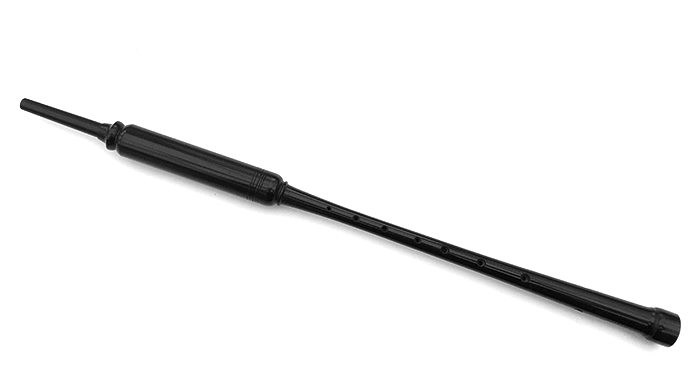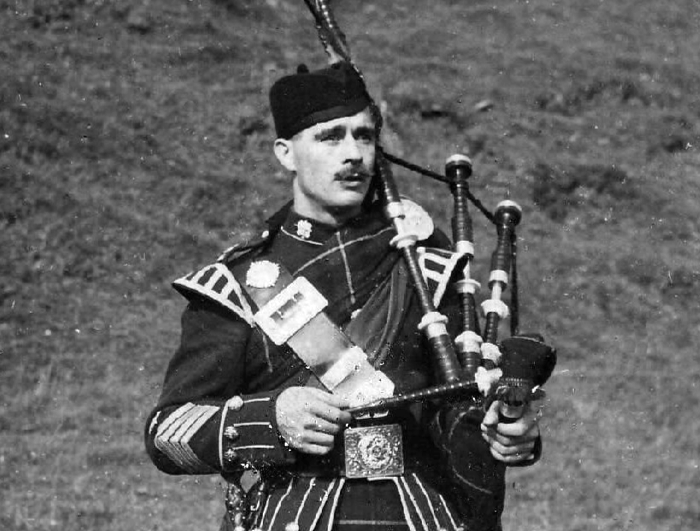
I would like to comment on a few articles on Piping Press over the past several weeks. Firstly, Scott Nicholson’s plan for a unified system of Piobaireachd Society set tunes for Australia (PP, July 2). This has great value. It motivates aspiring competitors to commit to learning these tunes and if they are successful with them and accepted for Oban and Inverness, they are likely to be well prepared.
My personal experience in this may be of interest. I have suggested more than once that in Scotland set tunes should be asked for at the graded competitions.
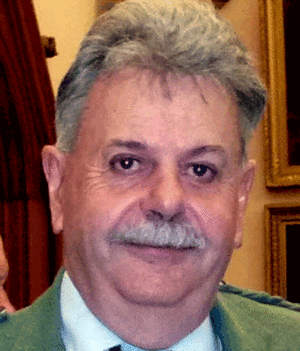
By Duncan Watson
It would not be necessary for a piper to submit an entire list of set tunes, but maybe two out of four. I recall speaking to a competitor on this subject and he responded saying that there would be little enthusiasm for the idea, particularly for the Silver Medal aspirants as they may not find attending competitions very satisfying when submitting ‘piddling little tunes’ set for the S Medal.
I did not argue the point, other than expressing my thoughts that some of the shorter pieces can present a challenge for any player in any grade. This conversation took place at a contest fairly early in our season.
The matter was later highlighted again when, at Inverness, this piper was required to perform just such a ‘piddling little tune’ and it was clear there was a lack of basic preparation.
If there had been the added motivation to learn the tune for prior graded events this piper would have proved he was serious about Oban and Inverness and would have done much better there.
Set tunes are actually test pieces. Pipers occasionally criticise them, probably at times with good cause, but in general terms the set tune arrangements have been a success.
There is value in the Australian initiative and it could benefit pipers in Scotland if such a scheme was properly considered here for our graded contests.
Turning now to the article on the Gold Medal list for 1949 (PP, June 28th). This included a number of names on which I will endeavour to shed some light.
James MacGrady was a Pipe Major in the HLI (pictured top), but I don’t know exactly when. As far as I know the HLI was disbanded in 1959 and absorbed into the Royal Highland Fusiliers. I heard of James from pipers who served in the HLI, William MacDonald (Benbecula), John ‘Carra’ Riach, and Alex Craib who hailed from Elgin. They said MacGrady was a very fine player but often had his hands full as some of the band members were a bit naughty at times! Willie ‘Benbecula’, on leaving the HLI, re-badged to the Cameron Highlanders and John Riach to the Seaforths.
Norman Meldrum is also referred to. He belonged to Forfar but settled in Braemar and attended Bob Brown for about 25 years. I recall him telling me that as a young man he travelled to Braemar to get a job as a plumber with Invercauld Estates and stayed there as he hadn’t the bus fare to get home. He suffered from cold fingers during the winter clearing drains etc.
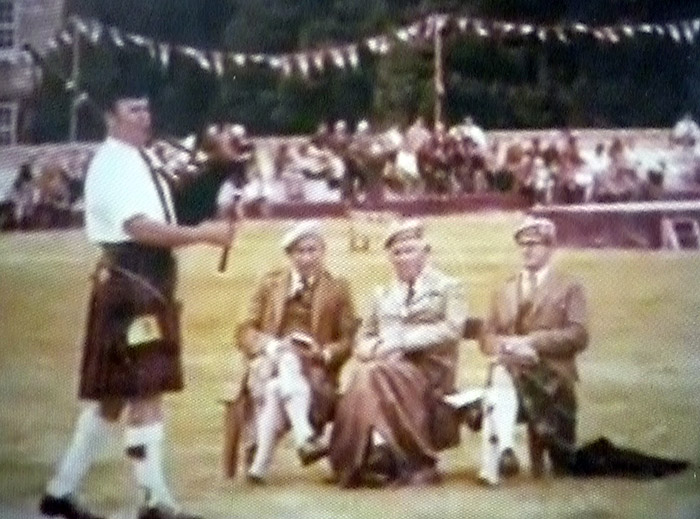
George Innes was a farmer in Easter Ross and was known at Seoras. John Rennie was a native of Aberdeen and eventually settled in Stornoway as a Probation Officer.
I am not sure, but I think David MacLeod was related to pipemaker Torquil MacLeod, Tain, and went on to attend John MacDonald (Inverness). I think he may have introduced DP MacGillivray to the bagpipe.
I understand that John MacDonald took a liking to Kenneth MacRae, Dornoch, and became involved in the Dornoch Pipe Band as a result.
There were a few Pipe Majors in the Seaforths named MacLeod and I think that P/M Wm MacLeod was originally from Australia. After demob he lived in Stornoway before becoming resident with the Chelsea Pensioners in London.
The name Nicol MacCallum is familiar, but I don’t know anything about him. I think Sgt. Charles Scott was a policeman in Glasgow.
NT MacKay was Neville McKay from New Zealand. He came to Scotland and joined the Inverness Burgh Police and had tuition from John MacDonald.
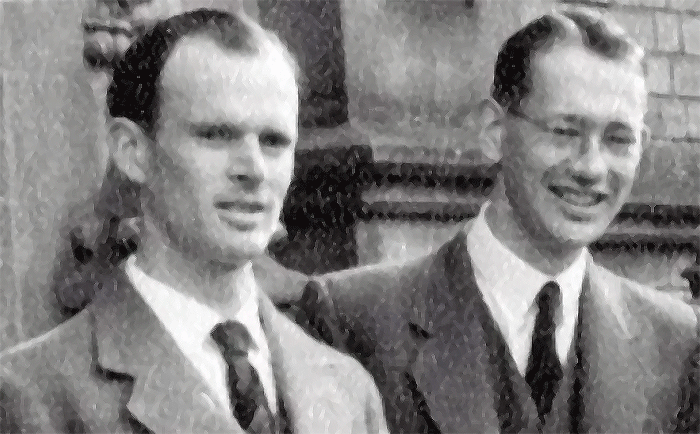
Neville was instrumental in introducing first class piping to NZ. On John’s death, Neville transferred to Aberdeen City Police and attended the Bobs of Balmoral from to time to time. As far as I am aware he did not make many arrests during his police service!
I am sure that there are readers who can provide more information about some of those pipers in the list.
Finally, the request for information on James Gordon Mackie. I have been in Aberdeen for a good number of years and the only piper with the name Mackie was a man called George Mackie who served as a policeman in Aberdeen.
I did not know anything about his family. He has passed on and was a good deal older than me. Might he have been a relative?
